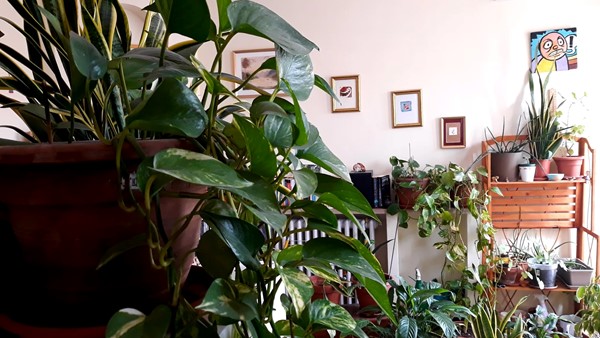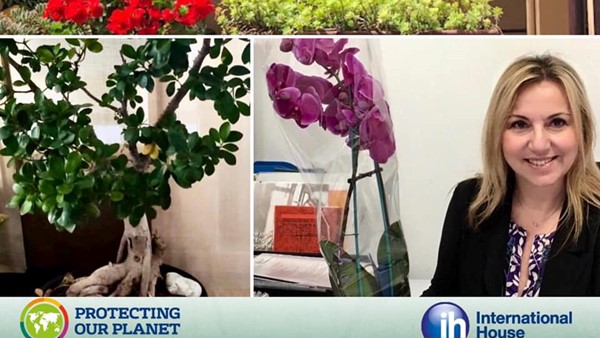International House Manchester has entered an exciting new research partnership with Immerse VR, a Virtual Reality (VR) platform designed for synchronous English language teaching.
The new partnership will enable IH Manchester to inform its practice of hybrid language learning for international language students and shed light into how to use immersive VR to bridge the gap between on-site classroom learners and remote students attending class in a hybrid structure.
“The whole team here are incredibly excited to be working in partnership with Immerse VR,” said Peter Hayes, Director of IH Manchester.
“This will provide a wonderful opportunity to explore the potential of VR to further enhance the hybrid experience for our students. Immerse shares our passion for innovation and creative thinking.”
Hybrid learning has become increasingly popular over the past 12 months due to the Covid-19 pandemic as schools progressed and innovated to find a safe and flexible method of teaching their students in an engaging way.
Through this research partnership, IH Manchester intends to develop and implement a hybrid English course with a pilot group of students to understand how a VR hybrid model can improve the teaching and learning experience.
The research study – currently in design with an anticipated launch date of July 2021 – will test the potential of VR to drastically improve the current hybrid learning experience. The results will hopefully provide insight into how hybrid learning can improve classroom culture, allow community building between on-site and off-site students, reduce student anxiety, increase communication, and improve language development.
Immerse VR launched into the English language landscape in October 2020, making virtual reality language teaching accessible to any educator without the need for complex programming skills.
Using the Oculus Quest 2 VR headset device, the platform places students in virtual locations designed with a suite of resources and facilitation tools that make language teaching easy. Unlike Zoom, where students are isolated in breakout rooms, or stuck in camera boxes, students in VR are present, immersed, and engaged together in their language learning experiences.
“On behalf of the team here at Immerse, we’re honoured and excited to work alongside the world-class team at IH Manchester,” said Quinn Taber, CEO of Immerse VR. “They are forward-thinking leaders that were able to adapt quickly during the crisis 2020 presented.”
“Now that same innovative spirit is on full display as they roll out the first course of this kind. I am thrilled for this partnership to begin in July and look forward to hopefully many more years of collaboration.”
The initial stages of the research project are well underway, with an anticipated publication date of August 2021.



